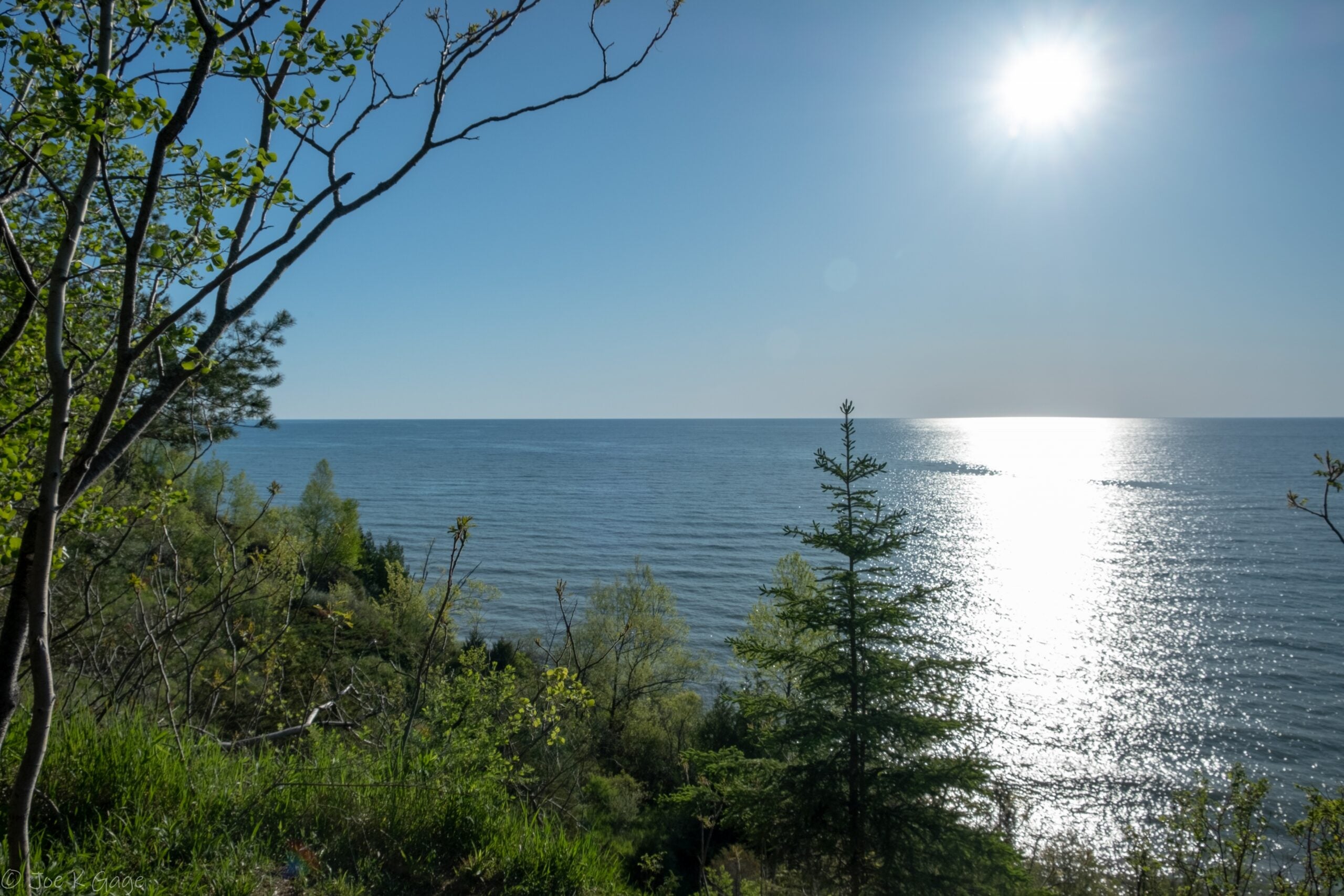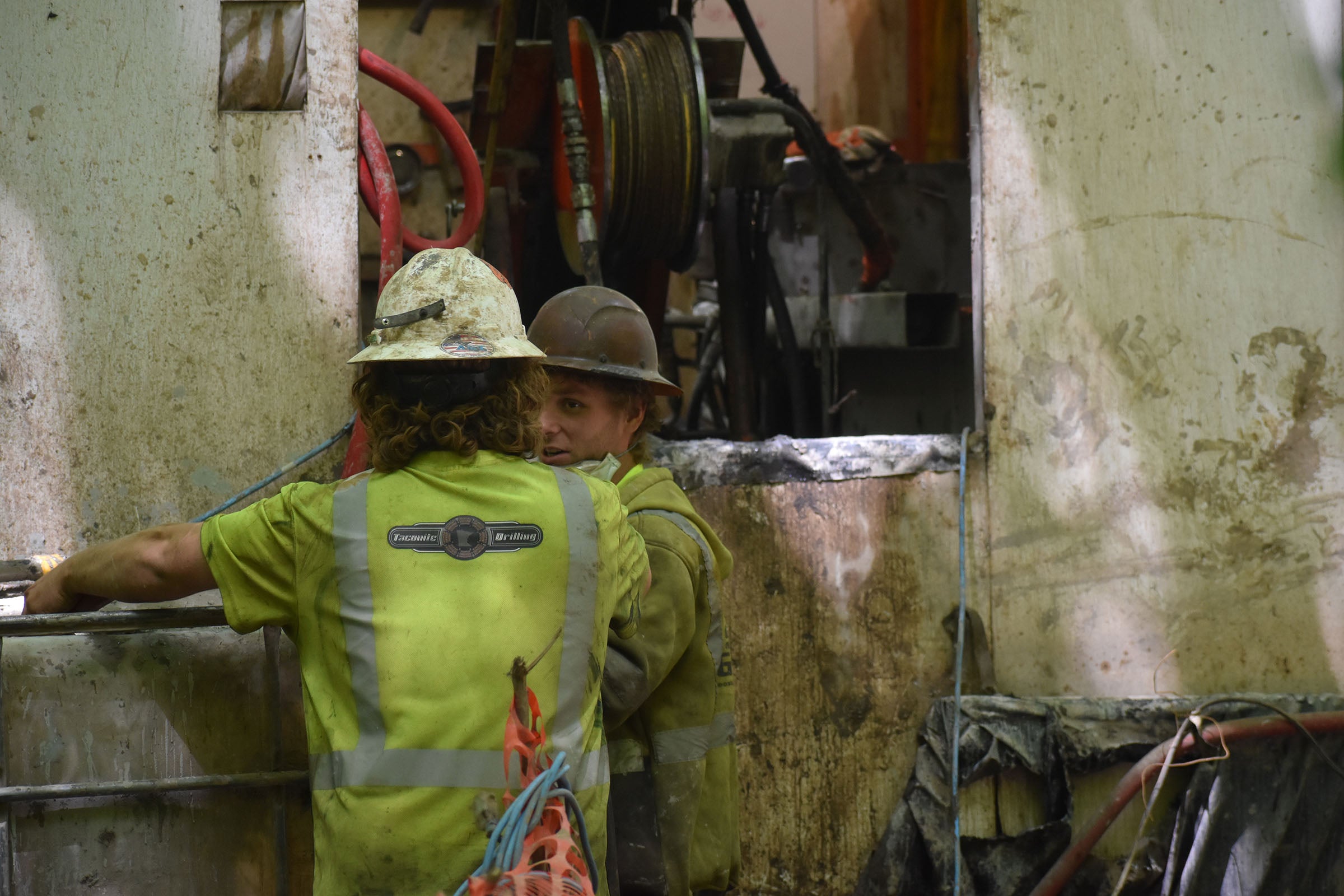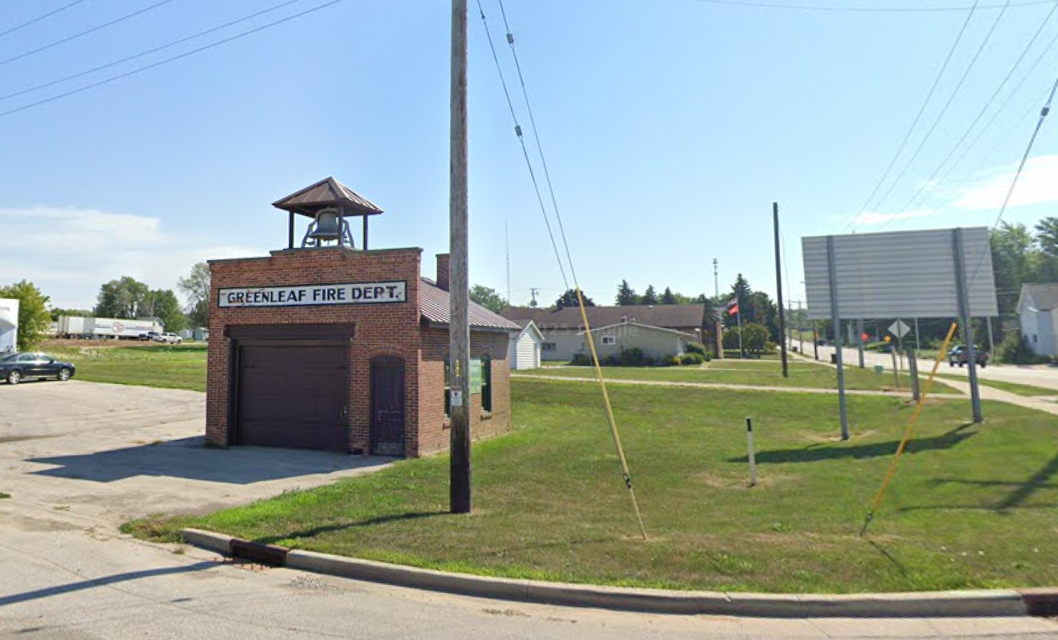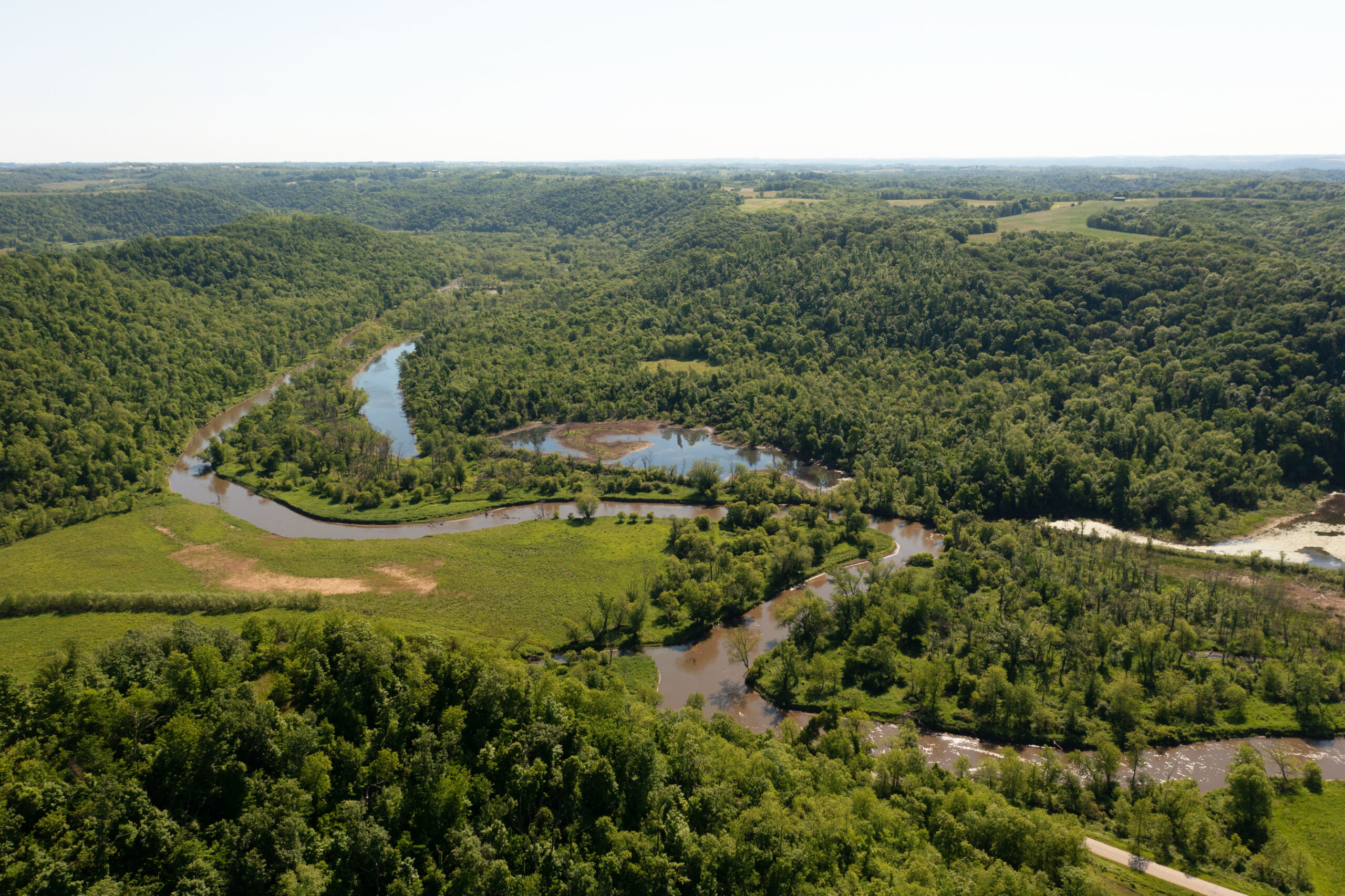The Wisconsin Natural Resources Board has approved putting about 3,180 acres up for sale.
The 2013-15 state budget directed the DNR to sell 10,000 acres by mid-2017 to help pay down debt in the agency’s land stewardship program.
Some proposed sales have been controversial, DNR Board member Julie Anderson said.
News with a little more humanity
WPR’s “Wisconsin Today” newsletter keeps you connected to the state you love without feeling overwhelmed. No paywall. No agenda. No corporate filter.
“You’re in this weird place, because you have to understand we’re under the mandate to do the sale, but we’re buying other land to make those most environmentally-sensitive, high-impact areas even better,” Anderson said
The DNR’s board has put about 7,000 acres on the block since 2014. It approved putting about 1,400 acres up for sale in 2014 and about 5,700 acres up for sale in February 2016. So far, the DNR has closed on or has pending contracts to sell 900 acres for $1.1 million.
The final phase called for selling another 3,560 acres. The board reduced that to 3,186 acres Wednesday. The board decided to retain half-a-dozen parcels the Wisconsin Wildlife Federation warned were crucial for hunting off the block as well as two Waukesha County parcels after a farmer who owns adjacent property said he didn’t want people building mansions next to him.
DNR Board Chairman Terry Hilgenberg said he wonders about the cost of the three-year land sale project.
“I would like the staff, at some point, to let us know what this cost (is) to do this because this was a horrendous project. Unbelievable,” Hilgenberg said.
A DNR manager said the work was not “horrendous” and staff worked “in earnest and in good faith.”
Other board members said they want to know how much money will be raised from the land sales. The revenue is supposed to go toward paying interest on the bonds used to buy land through the state stewardship program. No fiscal estimate is available at this point, due to changing real estate prices, according to the DNR.
Wisconsin Public Radio, © Copyright 2026, Board of Regents of the University of Wisconsin System and Wisconsin Educational Communications Board.






